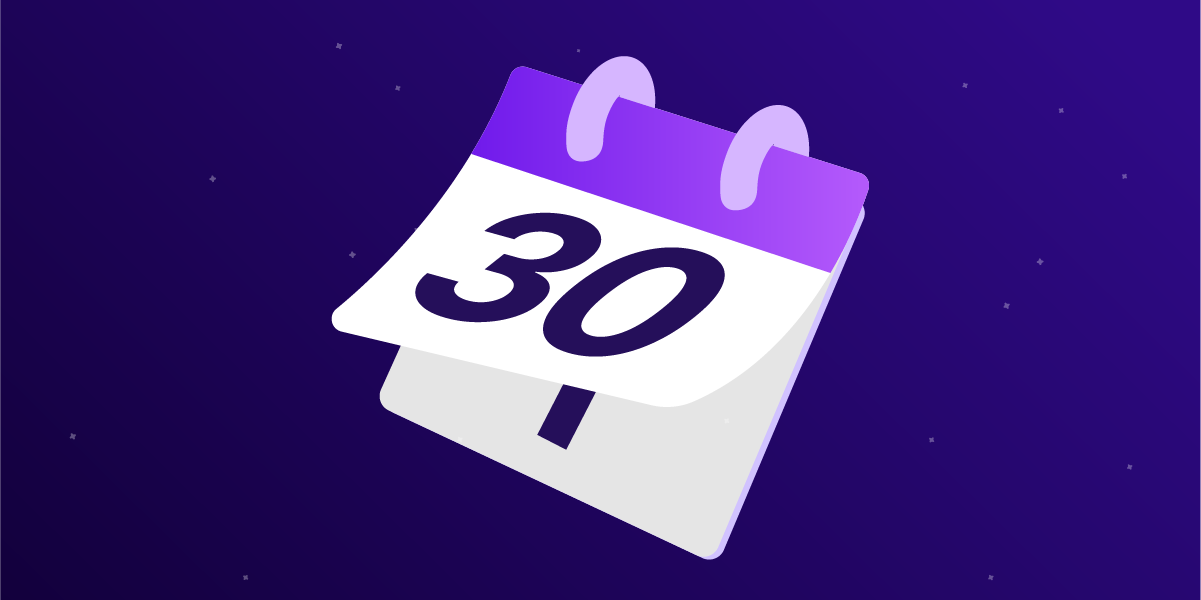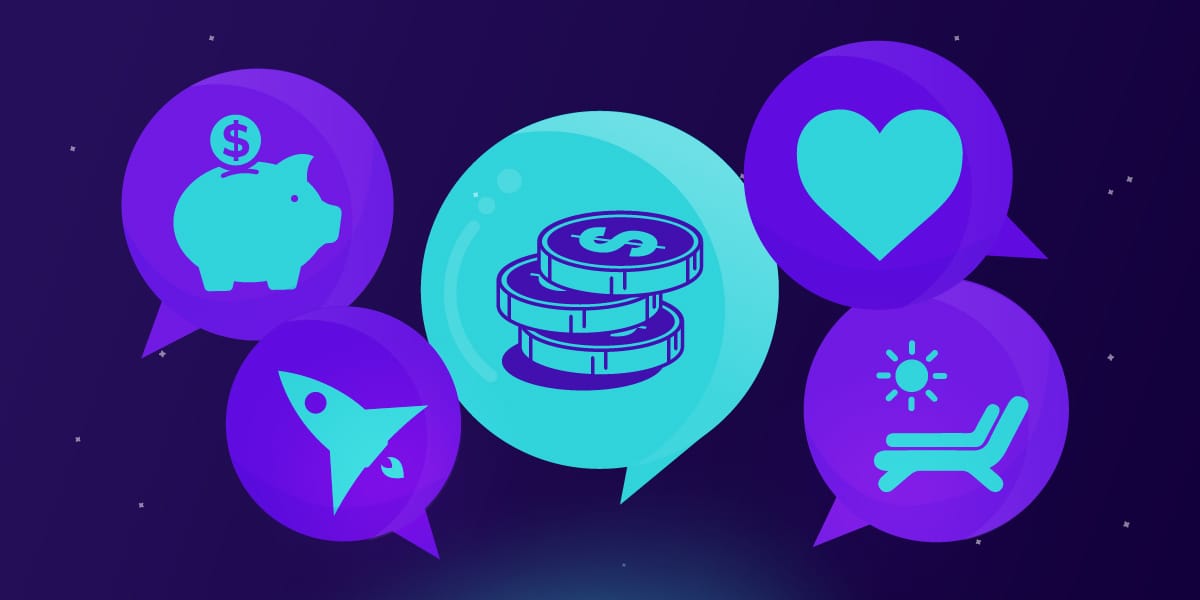Mounting debt can be pretty daunting, especially if you can’t see a way out of it.
But being heavily in debt shouldn’t mean financial oblivion. There are positive moves you can take to get your finances back on track and emerge debt-free — and maybe even save money on interest and fees along the way.
One big step you can take is to consider consolidating your debts in order to make them more manageable. In the right circumstances, this can be a way to start back on the track to financial health.
So, here are some savvy and smart things you should know about consolidating debt.
What is debt consolidation?
When you hear about someone consolidating their debt, it simply means they’re rolling all their existing credit accounts into one loan. This essentially means you’ve taken several debts and turned them into one big debt — the idea being that you’ll be able to better manage your repayments if you have just one debt.
One of the bigger upsides of going down this route is that instead of having multiple fees and interest payments on each debt, you end up with just one, post-consolidation.
Another perk of debt consolidation is that your debt is likely to become easier to manage because you’re not keeping tracking of multiple credit accounts and you have a clear timeline on when you can achieve the financial freedom of being debt-free.
But as with any personal finance move you make, it’s important to keep your wits about you. That’s because debt consolidation can have disadvantages. For example, you need to be sure that the fees and/or the interest rate on the new consolidated loan isn’t higher than on your various existing debts.
It’s essential to figure out whether you can afford the repayments on a debt consolidation loan before you lock one in and also to consider if taking one out will ultimately leave you in a better financial position than you were in before.
With that in mind, here are the key things you need to consider before you take any measures to consolidate your debt.
Consider these things before consolidating your debt
One of the main things to remember is to avoid dodgy refinancers who promise the world when it comes to getting you out of debt, but then don’t match their pledges with responsible action.
How, you ask? Well, if you’re thinking of consolidating your debts — whether they are from credit cards, personal loans or business loans — it makes sense to go to any meetings armed with some solid questions.
You need to ensure the debt consolidation product you’re considering will actually help, not hinder, your efforts to drag yourself out of debt. Make sure you know how much you’re currently paying in fees and interest across your existing debts. Then check these figures against the figures on offer to ensure it makes sense as an idea.
Another thing to consider is whether there are any sneaky fees that kick in if you exit the credit products that you currently have. In some cases, this could make you reconsider whether consolidating your debt is worth it, and therefore it’s worth checking.
Eligibility is another issue that could crop up. Factors that could affect whether you are eligible for a debt consolidation loan include your credit history and the minimum and maximum limits for the debt consolidation product you’re looking at purchasing.
What to keep on the lookout for
As with all personal financial moves, debt consolidation can be risky.
Debt consolidation is especially problematic for those among us who already have trouble managing debt. Through debt consolidation, you’ll often end up having access to more credit than before. Despite the fact you’re trying to be more financially responsible, you will have to be more mindful than ever about taking care of your debt.
If you want to roll unsecured debts into a secured debt (such as a home loan), there are added risks. For instance, when debt is secured by a mortgage, you could lose your house if you default on the repayments.
According to the Australian government’s MoneySmart website, it’s not a good idea to trust a broker who asks you to sign blank documents, refuses to discuss repayments or rushes the transaction.
Alarm bells should also be ringing if he or she won't put all loan costs and the interest rate in writing before you sign up or pushes you into a business loan when a consumer loan would be suitable for your circumstances.
Remember, it’s a good idea to seek independent financial and legal advice before making any big financial commitments.



